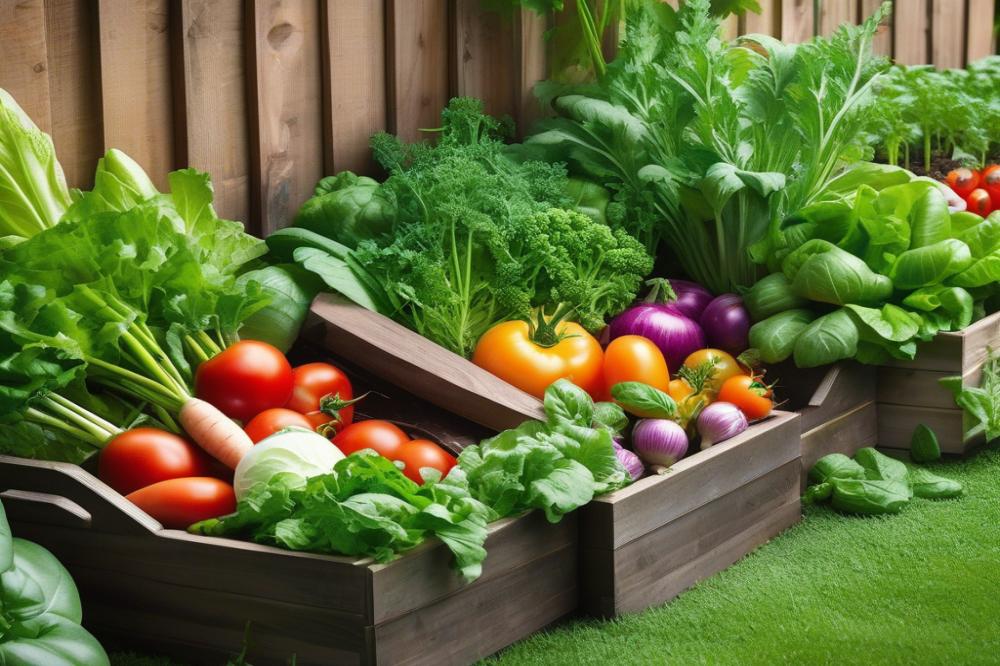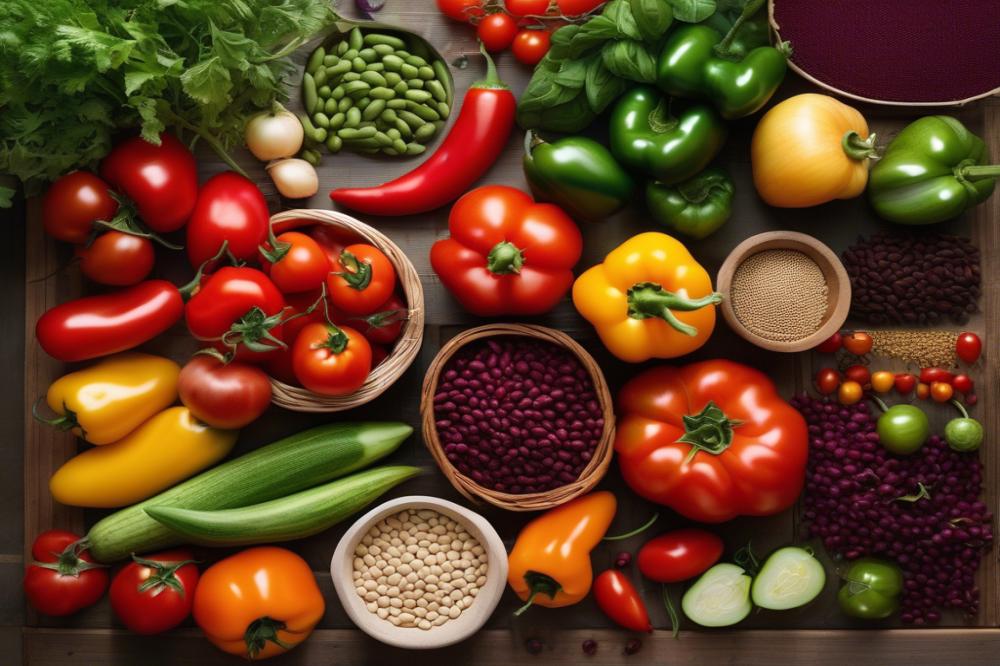Why apples“>Jonagold apples Should Be in Your Garden
Home Gardening has gained popularity among many people, especially those looking to cultivate their own fresh produce. Apples, in particular, are a fantastic choice for garden enthusiasts. They not only provide delicious fruit but also add beauty to your landscaping. One apple variety that stands out is the Jonagold.
This distinct apple is a cross between the Jonathan and Golden Delicious varieties, making it a delightful addition to any garden. Its sweet and tangy flavor sets it apart from other apples. Gardeners can appreciate its large, crisp fruit, which is perfect for snacking or baking.
Choosing to plant Jonagold Apples in your garden brings numerous benefits. Embracing organic gardening methods allows for healthier fruit production. These trees are relatively easy to grow and can thrive in various climates with proper care. Additionally, they attract beneficial pollinators, enhancing the overall health of your garden. Tips for maintaining your apple trees include regular pruning and monitoring for pests. Overall, cultivating Jonagolds offers practical advantages alongside the joy of nurturing fruit trees.
Overview of Jonagold Apples

Jonagold apples are distinguished by their large size and crisp texture. The exterior displays a beautiful blend of green and yellow hues, often kissed by a subtle red blush. Inside, these apples boast a juicy, sweet flavor with hints of honey and a mild tartness. They are known for their pleasing crunch and vibrant taste, making them a favorite among many.
The origins of this apple variety trace back to the 1950s. Jonagold is a hybrid of the classic Jonathan and Golden Delicious apples. Their development aimed to combine the best qualities of these parent varieties. This careful breeding resulted in fruit trees that produced apples with remarkable flavor and reliable yields.
Gardening enthusiasts value Jonagold for their versatility in the kitchen. These apples shine in both sweet and savory dishes. They can be used in salads, pies, and sauces. Some people even enjoy them fresh, as they maintain their crispness for extended periods. Gardening tips often recommend incorporating this type of apple in any sustainable gardening plan.
Pollination is crucial for Jonagold apples, just like with many other apple varieties. Planting them alongside different species can lead to better fruit production. This practice not only enhances yields but also supports biodiversity in backyard landscapes.
Incorporating Jonagold into your garden offers numerous gardening benefits. These trees require minimal care once established, making them ideal for organic gardening. Fresh produce from your garden, particularly when it includes these apples, provides a satisfying harvest.
Benefits of Growing Jonagold Apples

Growing Jonagold apples offers many rewards for gardeners. They provide fresh produce right from your own backyard. These fruit trees are not only aesthetically pleasing but also functional. With proper care, they produce a delicious variety of apples that are great for eating fresh or baking.
Climate and Gardening Styles
One popular aspect of Jonagolds is their adaptability. They thrive in various climates, making them suitable for many regions. Cold winters and warm summers are not an issue. Growing this apple variety can fit different gardening styles, whether you have a small backyard or a larger orchard. Their hardiness makes them perfect for both traditional and modern landscaping approaches.
Boosting Growth with Organic Practices
Organic gardening practices can greatly enhance the growth of these fruit trees. Using natural fertilizers ensures that your apples stay healthy without harmful chemicals. Implementing companion planting can attract beneficial insects that aid in pollination. These methods promote a sustainable gardening environment. Additionally, mulching helps retain moisture and suppress weeds, which is crucial for young trees.
Consider these gardening tips for optimal results. Regular pruning encourages stronger growth and better fruit production. If you keep them in an area with good sunlight, they yield more fruit. Jonagold apples not only look great in a garden but also contribute to a sustainable lifestyle. They can be a fun project for families while also enriching your diet with nutritious apples.
Pollination and Apple Varieties

Pollination is essential for growing healthy fruit trees. Without this process, trees like Jonagold will struggle to produce apples. Pollination occurs when pollen from one flower fertilizes the ovule of another, leading to fruit development. Bees, butterflies, and other insects often carry this vital pollen. Therefore, attracting these pollinators can significantly increase your apple yield.
Choosing compatible apple varieties is a key strategy for successful pollination. Many apple trees are not self-pollinating. They need pollen from a different tree to set fruit. Varieties such as Honeycrisp, Fuji, or Gala can effectively serve this purpose. Planting multiple types of apples in proximity encourages cross-pollination. This not only boosts fruit set but can also improve the quality of your apples. A diverse landscape can enhance the health of your garden and yield more fresh produce.
When selecting and planting trees, consider spacing and positioning. Ensure there’s enough room for the trees to grow. Positioning them where bees can easily access all the flowers helps too. It is also wise to plant in groups rather than isolated trees. This maximizes the chances for effective pollination. Additionally, organic gardening practices can promote a healthy ecosystem. Choosing native plants nearby can attract more beneficial insects. These small efforts lead to significant gardening benefits.
In terms of planting, keep in mind the soil and climate requirements for each variety. Some apple varieties thrive in certain conditions, while others may not. Get advice from local garden centers or extension services to find the best options for your area. Their guidance can help new gardeners make informed decisions. Proper care and attention can lead to a flourishing garden where the fruits of your labor become a reality.
Gardening Tips for Jonagold Apple Trees
Planting Jonagold apple trees can be a rewarding endeavor for any gardener. To start, choose the right location for your tree. Ideally, it should receive full sun for at least six to eight hours a day. Apples thrive in well-drained soil. Sandy loam is perfect, but you can mix in compost to enhance texture and fertility. Before planting, test your soil’s pH. Aim for a pH between 6.0 and 7.0, as this range supports optimal growth.
Watering is crucial in the early stages. Newly planted trees need deep watering once a week. Depending on the season, you may need to adjust frequency. Ensure that the soil stays moist but not soggy. Overwatering can harm roots and lead to disease. Mulching around the base can help retain moisture. Organic mulch, like wood chips, also adds nutrients as it breaks down.
Pruning Techniques
Pruning is an important practice to maintain tree health. Begin pruning in late winter or early spring when trees are still dormant. Focus on removing dead or crossing branches to improve air circulation. This technique reduces the risk of pests and diseases. Additionally, shaping the tree can enhance its aesthetic appeal in landscaping. Skip heavy pruning; moderate cuts encourage stronger growth without stressing the tree.
Pollination plays a vital role in fruit production. Jonagold trees are not self-pollinating. Plant at least one other apple variety nearby to maximize fruit yield. Good choices for pollinators include Honeycrisp or Fuji. Keep an eye on the blooms and be aware of local bees and other pollinators; they support a healthy ecosystem.
Sustainable Gardening Practices
Adopting sustainable gardening practices promotes tree health and benefits the environment. Consider using organic fertilizers instead of chemical ones. These provide nutrients while protecting beneficial insects and soil life. Implementing crop rotation and cover cropping can improve soil structure and fertility over time.
Integrated pest management is essential too. Monitor for pests regularly and use natural remedies when possible. Neem oil and insecticidal soap can combat common issues while being safer for the environment. Lastly, cultivating a diverse garden with various plant species attracts beneficial insects, which can protect your fruit trees. Fresh produce from your own garden is not only delicious but also contributes to a healthier lifestyle.
Enhancing Your Garden’s Landscape
Jonagold apple trees can transform your garden into a vibrant oasis. Their majestic stature adds height, while the lush green leaves create a beautiful backdrop. With their stunning golden-yellow fruits, these trees serve as an eye-catching feature. Visitors often take notice of the appealing combination of color and form.
As seasons change, so does the appearance of these fruit trees. In spring, delicate white blossoms emerge, attracting pollinators like bees. This seasonal display not only enhances visual appeal but also supports local ecosystems. Summer brings full, rich foliage providing shade for garden activities. In autumn, the ripe apples create a striking contrast against the changing colors of leaves—reds, oranges, and browns.
The satisfaction of enjoying homegrown fresh produce is undeniable. Families can come together to pick apples and participate in the harvest. This collective effort fosters a sense of camaraderie. Children love to help, creating memories while learning about sustainable gardening. Sharing tips on how to care for these trees becomes a fun family project.
Incorporating fruit trees into your landscaping offers multiple gardening benefits. They are not just beautiful; they also contribute to organic gardening practices. Apple varieties like this one are perfect for those seeking to grow their own food. Cultivating these trees promotes an understanding of where food comes from. Imagination can run wild with all the delicious recipes that can be made from freshly picked apples.
Final Thoughts
Adding Jonagold apples to your garden offers a variety of advantages. These fruits are not only delicious, but they also contribute to a sustainable lifestyle. Growing your own food helps reduce your carbon footprint. Fresh produce straight from the garden tastes much better than store-bought options. This variety is known for its sweet and tart flavors, making it a favorite among many.
Encouragement comes easy when considering the joy of cultivating this apple variety. Over the years, gardeners have found that they are relatively easy to care for. Fruit trees, such as the Jonagold, can thrive in a range of climates. Planting them can also enhance your backyard’s aesthetic appeal. Imagine the sight of vibrant apples hanging from branches in your garden.
Gardening connects us to the earth while nurturing our health. By growing fruits at home, you support local ecosystems and enjoy the satisfaction of your hard work. It’s a simple way to embrace sustainability. Other benefits include improving your well-being and fostering a sense of community. So why not consider adding this delightful variety to your garden? You might just find that the effort pays off in more ways than one.



